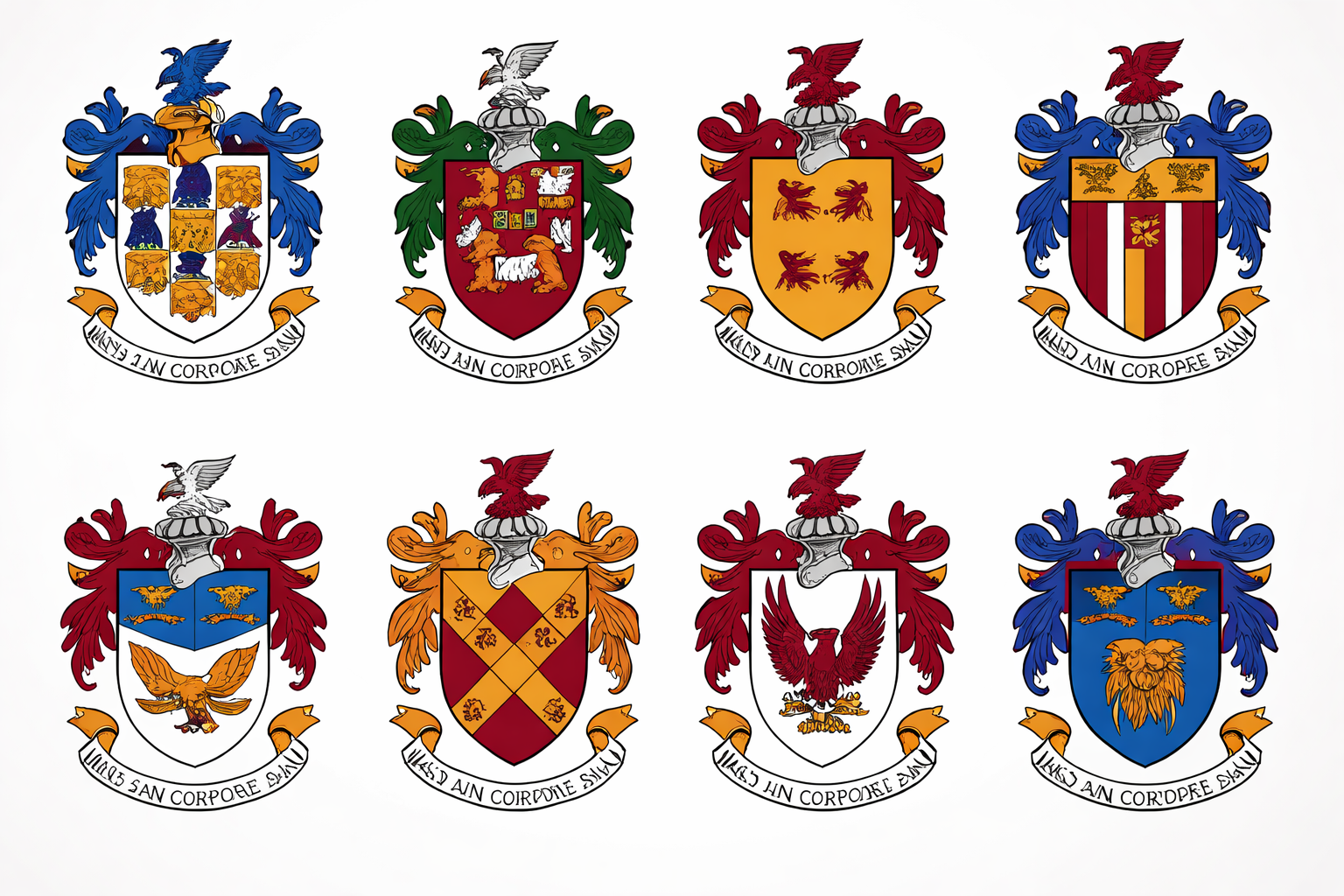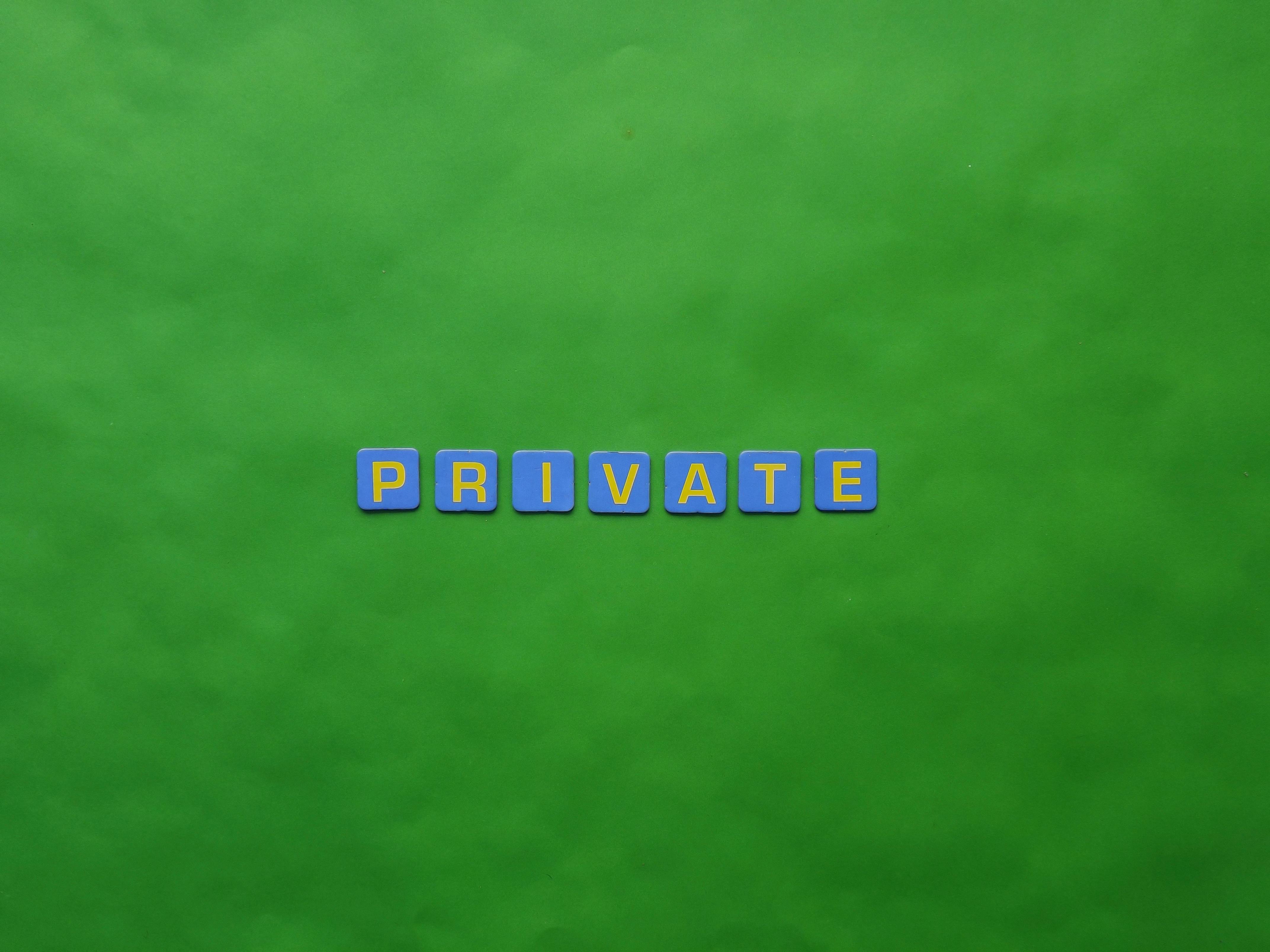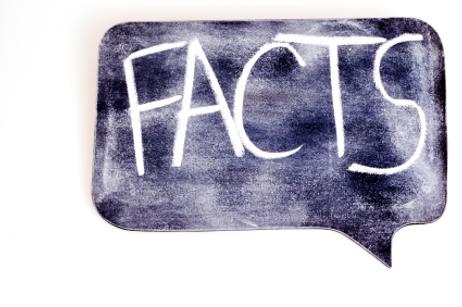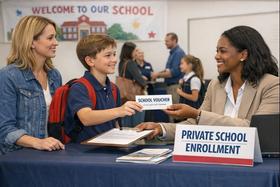I wrote this article and its companion article Applications - The Candidate's Statement to explain how to understand and complete these important forms. The problem with these parts of the application is that they require you and your child to express your thoughts in your own words. You won't be able to check any boxes to select from prepared answers. You will have to write out responses to the school's questions in any way you choose.
David Petersam of Admissions Consultants offers some tips in the following video. While he targets colleges admissions, the advice is quite sound for private high school admissions.
Many schools require a statement from the applicant's parents. After all, you probably know your child better than anybody. The school also wants to know what your concerns and educational objectives are. The goal here is to make sure that everybody's expectations are the same. For example, if you want your son to play on a varsity hockey team and the school offers limited hockey time, you need to deal with that before you decide to send your son to that school. Perhaps your daughter finds math challenging. You will want to point that out so that the school can discuss how it might deal with that concern.
The following questions posed by McCallie School and The Hun School are fairly typical of what you will encounter as you prepare



























